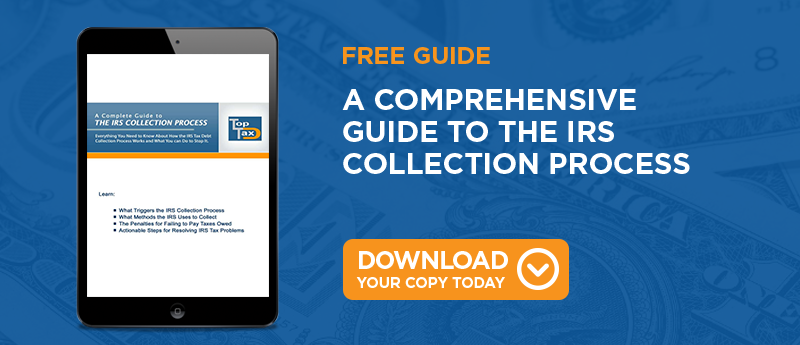
Have you gotten a letter from the Internal Revenue Service in the mail? If you have, you may have been nervous just to see the IRS return address in the envelope corner. However, the majority of IRS correspondence that is sent out is relatively harmless. In a few cases, though, IRS notices can bring bad news such as a stressful tax audit or a tax collection. Here's a quick overview of the types of IRS notices that are commonly mailed and how you can handle IRS correspondence.
Common IRS Notices
One of the most common IRS letters is a request for additional information. This usually happens if you file a return claiming a tax deduction that the IRS wants to know more about. For example, if you deduct an unusually large medical expense, the agency may request that you submit copies of your hospital or doctor records and receipts of your payments to support your deduction. In this case, you can simply make copies and submit them by mail to the agency to resolve the matter.
Another typical IRS notice is a reminder that you need to file a past return. You might get one of these letters from the IRS if you have unfiled tax returns from a previous year. This doesn't have to spell disaster either, since your return may actually result in a refund or just a small balance due.
IRS Audit Notices
If the IRS decides to audit you, you'll usually get a letter that says your return has been “selected for examination.” This means that your most recent tax forms are being subject to further review. However, you may only have to conduct your audit by mail, in which case you won't ever have to submit to an in-office review or a home visit from an agent. If you'd rather not deal with this on your own, you can always enlist the tax services of a CPA or an Enrolled Agent.
How to Respond to an IRS Letter
There are a few things to keep in mind when you're responding to an IRS letter. First, answer the letter as quickly as possible. If you simply ignore the notice, the agency may continue with collection action against you. Secondly, make sure that you respond to the same address from which you received the letter. By doing this, you can ensure that your response gets delivered to the appropriate agency department. You'll also have to show a bit of patience after you answer the IRS notice. It may take weeks or even months for the agency to get back to you.
Getting an IRS letter in the mail doesn't have to be a traumatic experience. If you answer the letter quickly and honestly, it's likely that you can handle your IRS correspondence without additional worry.




